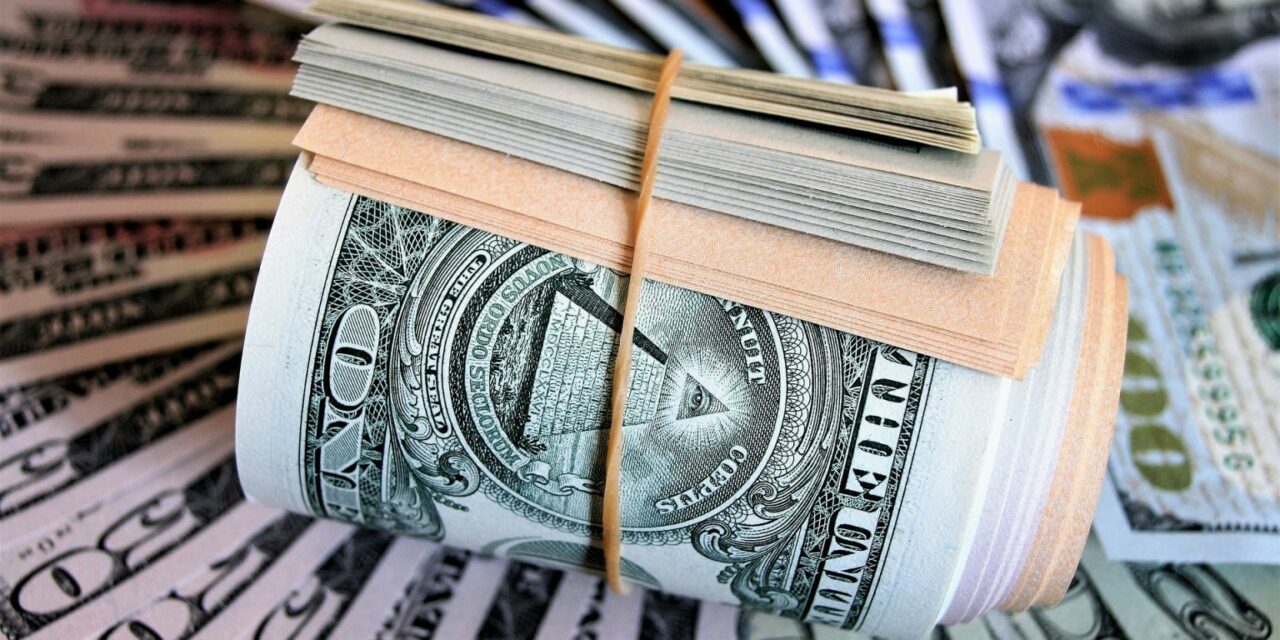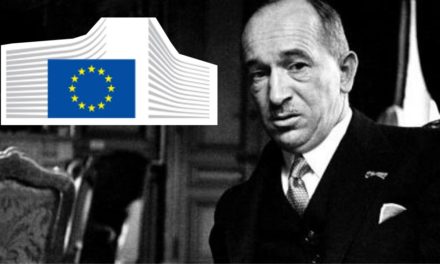A Ponzi scheme is a fraudulent investment operation in which particularly large profits are paid to investors from funds invested by others after them, and not from the income actually generated by the business. This pyramid scheme is named after Charles Ponzi, an Italian businessman and swindler active in North America, who in the 1920s conned thousands of New Englanders out of money to invest in a postage stamp speculation scheme. At that time, the annual interest on bank accounts was 5%, and Ponzi promised that he could provide investors with a 50% profit in just 90 days. Initially, Ponzi obtained international postal coupons to support his fraudulent scheme, but after a short time he began to pay his previous investors from the amounts paid by the most recent (newer and newer) investors.
Characteristics of a Ponzi scheme:
- high connection fee;
- no "usable" product;
- in essence, no real economic activity takes place, because the goal is not to create sales or traffic;
- the focus is on introducing new people, they "maintain" the network;
- it happens that the company doesn't even exist.
However, after a certain time, due to the unsustainability of the situation and the general concept, one of the following possibilities arises:
- the fraudster disappears with the money he has;
- for various reasons, the duped investors demand their money, and the fraudster is exposed because he does not have enough money to pay everyone the principal and the promised interest at the same time.
Apart from the criminal law aspect, the similarity between the American debt policy and the Ponzi scheme is clearly detectable. The essence of the pyramid game is that those at the "top of the pyramid" get rich through the payments of newer and newer actors recruited under them, while there is no real economic performance behind them.
In the United States, we can now see that because of the "satisfaction" of the voters, the US is issuing large amounts of government bonds to finance its spending. The US government can partly finance payments to its creditors by issuing new bonds, a quasi "credit to credit", which can be sustained for a while, but certainly not for much longer, since this, like a Ponzi scheme, is a "zero-sum game".
Although the debt and interest expenses of the world's largest economy continue to rise, the country (due to the demand for the dollar as a safe haven) "enjoys a privilege in the financial markets", but a political crisis could end this privileged position, Brunnermeier said.
According to the professor, Democrats no longer see the need to refrain from spending. They fear that Donald Trump's victory in the fall presidential election would ultimately be more expensive than spending more money now to satisfy voters.
The US is currently issuing large amounts of government bonds to finance its spending. The Congressional Budget Office (CBO) predicts that the US national debt will rise sharply in the coming years. In principle, the projections are still too positive because CBO bases its calculations on existing legislation. Currently, the tax cuts introduced by Donald Trump are only temporary. If they were to be converted into permanent rules, say in a second term, the debt would grow even more because of the lack of revenue.
Over time, interest payments account for an ever-increasing proportion of government spending, and so the growth of the debt accelerates, but as long as the privilege of the dollar persists, the debt is sustainable. As long as this is the case and the economy is growing sufficiently, the US government can operate a kind of Ponzi scheme, i.e. it can partially finance payments to its creditors by issuing new bonds. According to Brunnermeier, there is more of a political risk to the exceptional financial status of the USA than a financial risk to politics.
Source: alaptorvenyblog.hu
Photo: Pixabay













